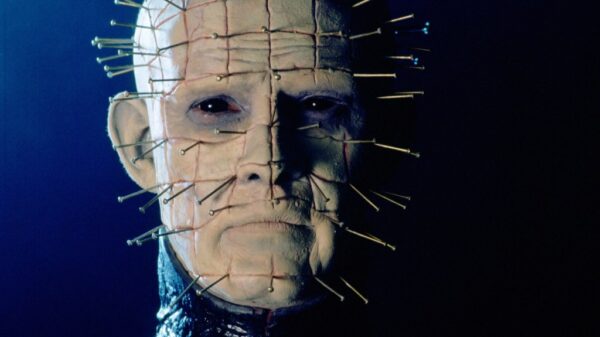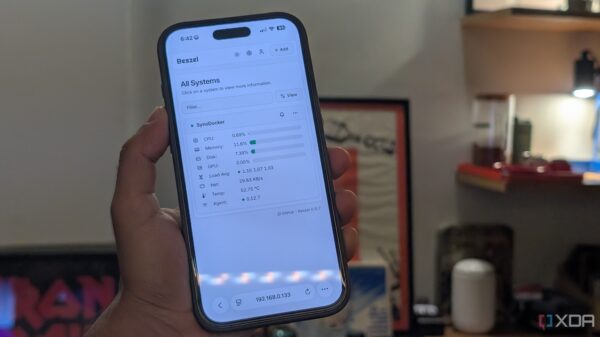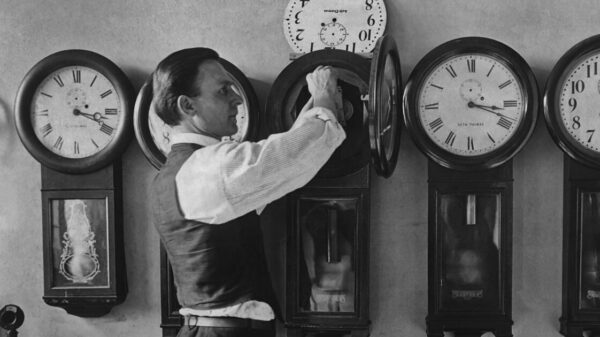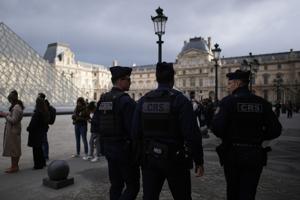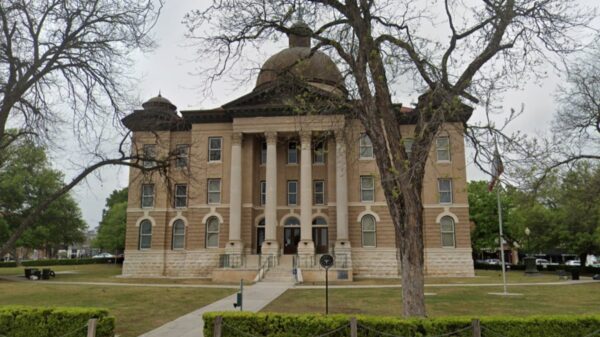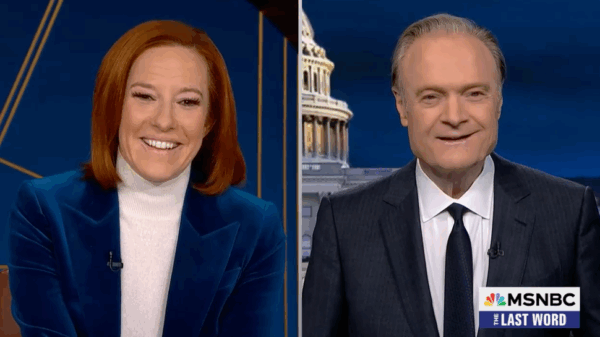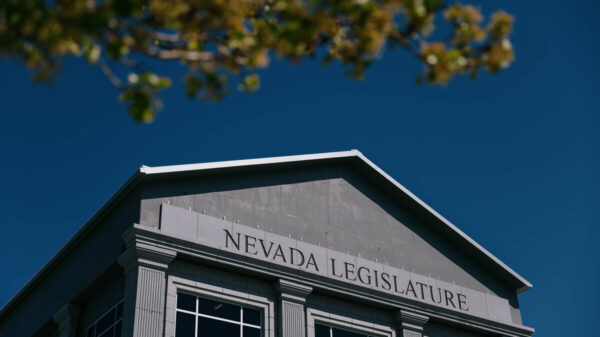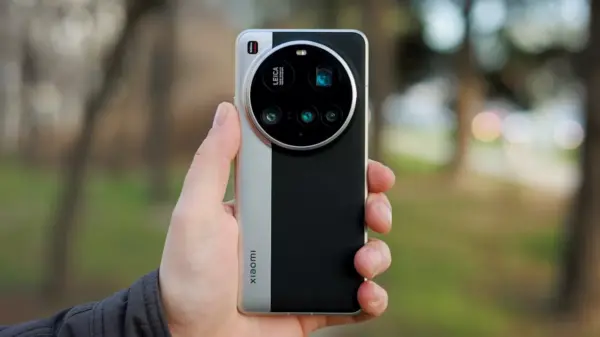Two suspects in the Louvre jewel heist have “partially” admitted to their involvement in the crime, according to Paris prosecutor Laure Beccuau. The suspects are believed to have been responsible for the audacious theft that took place on October 19, 2023, when thieves stole jewels valued at €88 million (approximately $102 million) from the world’s most visited museum.
During a news conference on Wednesday, Beccau revealed that the two suspects are facing preliminary charges of theft committed by an organized gang and criminal conspiracy. They are expected to remain in provisional detention as investigations continue. While details regarding their admissions were not disclosed, the prosecutor confirmed that one of the suspects is a 34-year-old Algerian national who has been residing in France since 2010. This individual was apprehended on Saturday night at Charles de Gaulle Airport while attempting to board a flight to Algeria without a return ticket.
The second suspect, aged 39, was arrested at his home in Aubervilliers, a suburb of Paris. Beccau noted that this individual was already known to police for previous thefts, and his DNA was found on one of the display cases from which the jewels were taken. Despite the quick apprehension of the suspects, the stolen jewels remain missing, raising concerns over their future.
“Anyone who buys them would be guilty of concealment of stolen goods,” Beccau warned, urging the public to return the jewels. The robbery took less than eight minutes, with the thieves forcing open a window and using power tools to cut through display cases. The theft has not only shocked the public but has also prompted a reassessment of security at the Louvre.
Security Flaws Exposed
Following the theft, French police acknowledged significant weaknesses in the Louvre’s security systems, which are now under scrutiny. Paris Police Chief Patrice Faure informed Senate lawmakers that outdated technology and slow responses left the museum vulnerable. He highlighted that parts of the museum’s video surveillance system remain analog, resulting in lower-quality images that hinder timely communication with law enforcement.
A long-awaited upgrade to the museum’s security infrastructure, projected to cost $93 million, will not be completed until 2029-2030. Faure also revealed that the Louvre’s authorization for its security cameras expired in July and had not been renewed, indicating a lapse in oversight that some view as emblematic of broader negligence within the museum’s management.
The police chief noted that while officers responded quickly after the theft was reported, the initial alert did not come from the museum’s alarms but from an outside cyclist who witnessed the crime and called emergency services. This delay in detection and response has raised questions about the efficiency of security protocols in place at the museum.
Insurance and Financial Implications
The jewel heist has also exposed a significant financial gap, as officials confirmed that the stolen jewels were not privately insured. The French state self-insures its national museums due to the astronomical costs associated with insuring priceless items. This means the Louvre will not receive any financial compensation for the loss, amplifying the impact of the theft both culturally and financially.
Faure has dismissed suggestions for a permanent police presence inside the museum, arguing that such measures would not effectively deter fast-moving thieves and could set an unmanageable precedent. Instead, he is advocating for the adoption of advanced technology, including AI-based anomaly detection and real-time object tracking, to enhance security measures.
The incident has placed additional pressure on Culture Minister Rachida Dati, who has so far resisted calls for the resignation of the Louvre’s director. Dati acknowledged that while the alarms were functioning, security lapses had indeed occurred. The museum has faced ongoing challenges, including staff strikes earlier this year due to overcrowding and staffing shortages, which have exacerbated security vulnerabilities.
As investigations continue, authorities remain vigilant, aware that the stolen jewels may already have been altered or broken down to obscure their identities. The Louvre’s management and French police are now tasked with reassessing security protocols to prevent similar incidents in the future.


